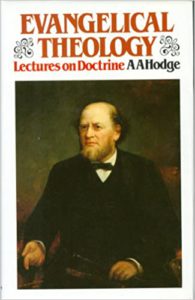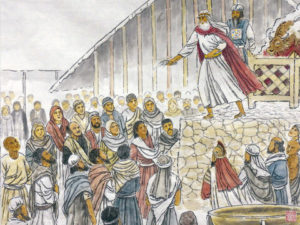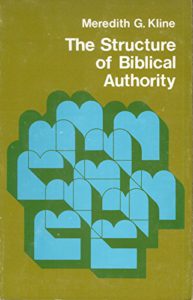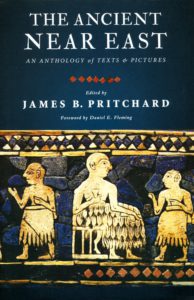
By Dr. Leong Tien Fock
In my previous piece, where I shared the highlights of my journey through ANE studies, I mentioned that “the differences between Mesopotamian religion and OT religion are structural.” This is a profound statement with far-reaching implications. I will now elaborate on what the word “structural” means in this context and then show why it is unnecessary and inappropriate for William Lane Craig to label Genesis 1–11 as “mytho-history.”
The statement can be rephrased as, “The differences between Mesopotamian religion and OT religion are integral to their respective different structures.” It helps to see what this statement means by replacing “structures” with “paradigms.” Whether we say “structures” or “paradigms,” it means that the overall difference between OT religion (monotheism) and Mesopotamian religion (polytheism) is not in degree but in kind altogether. But as we shall see, “structures” captures the difference better than “paradigms.” Continue reading “Structural Differences Between Genesis 1–11 and Mesopotamian Mythology”
 Former church turned into a bar
Former church turned into a bar
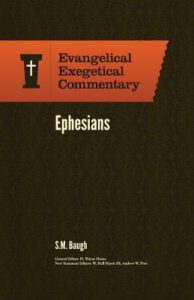
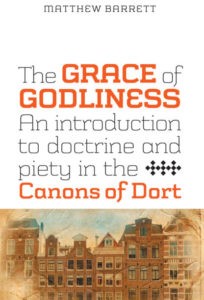 Salvation is Solely the Work of God
Salvation is Solely the Work of God